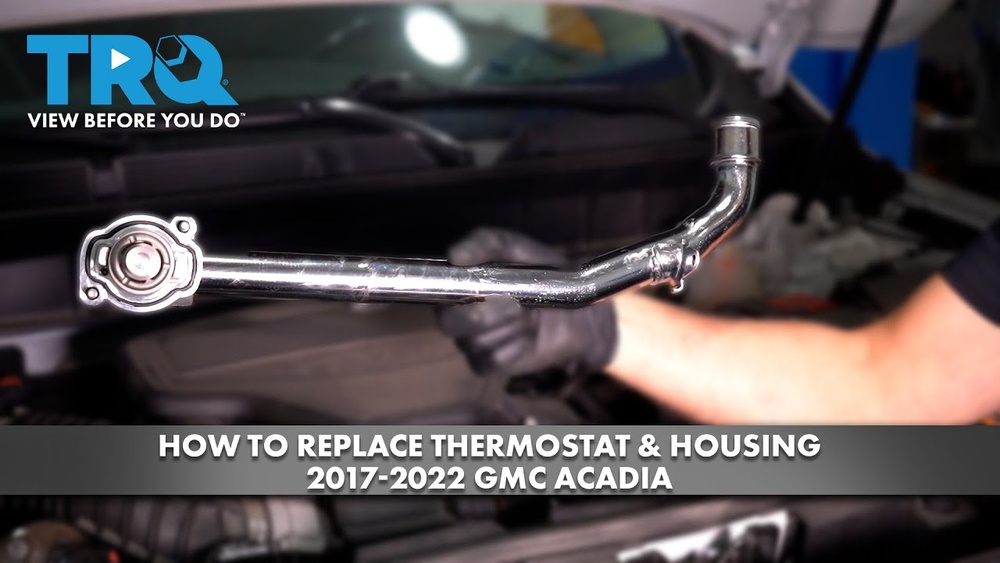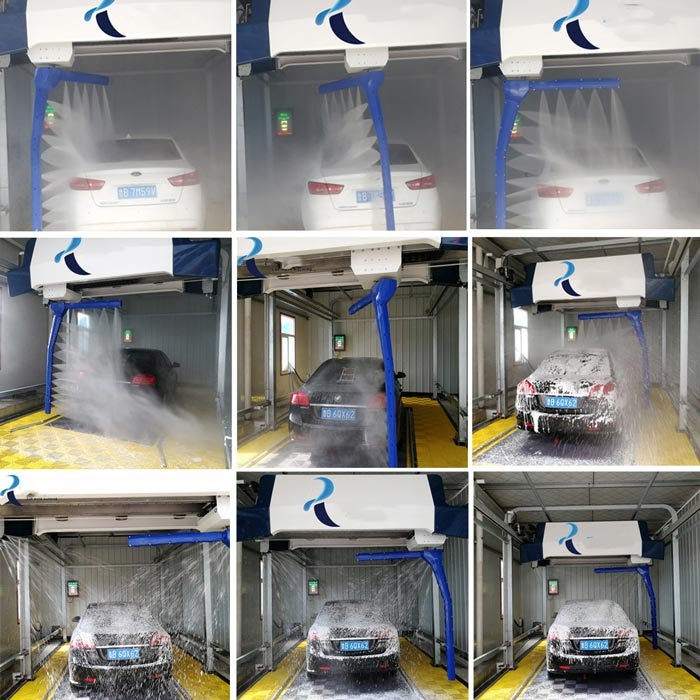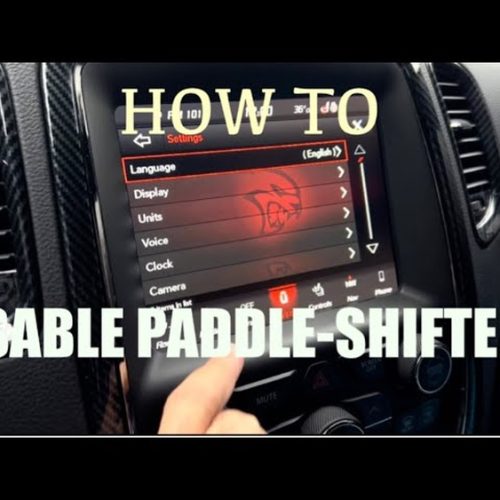Drive-thru car washes are quick and convenient. They save time and effort.
But, are they really the best option for your car? In this blog post, we will explore the disadvantages of drive-thru car washes. Many people prefer this method for its ease and speed. Yet, it may not always be the best choice for your vehicle’s health.
Drive-thru car washes can sometimes cause damage to your car’s exterior. They might not clean as thoroughly as other methods. Additionally, there are environmental concerns to consider. By understanding these potential downsides, you can make a more informed choice for your car’s care. Let’s dive into the details to see why drive-thru car washes may not always be the best option.
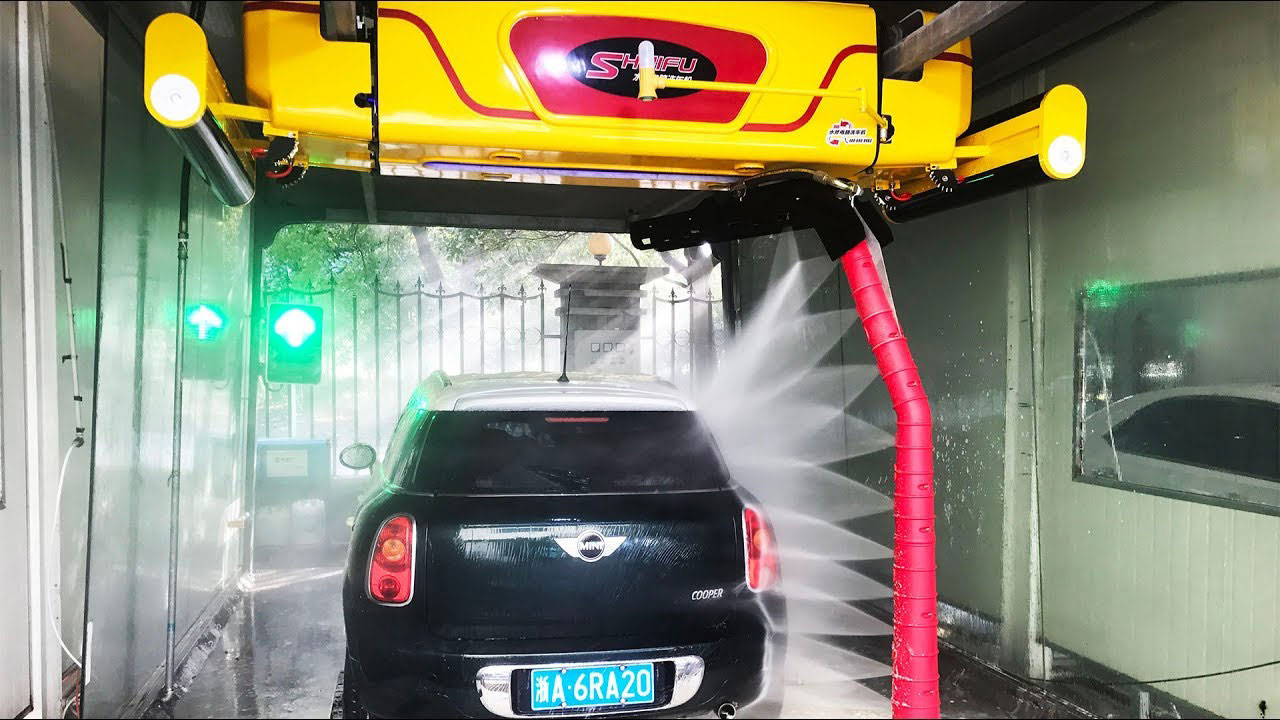
Credit: ceramicpro.com
Surface Damage
Drive-thru car washes may offer convenience, but they come with risks. One major concern is surface damage to your vehicle. This damage can impact the look and value of your car.
Scratches And Swirls
The brushes in drive-thru car washes often cause scratches. These brushes can collect dirt and grit. As they move over your car, they can scratch the paint.
Swirls are also common. These are tiny scratches that form circular patterns. Swirls can dull the shine of your car’s paint.
Paint Deterioration
Drive-thru car washes can lead to paint deterioration. Harsh chemicals used in the wash process can strip away protective coatings. This leaves the paint exposed and vulnerable.
Over time, this exposure can cause the paint to fade or peel. This deterioration can make your car look older and less cared for.

Credit: slideplayer.com
Water Usage
Drive thru car washes are convenient. They save time and effort. But, they also have disadvantages. One major issue is water usage. Car washes use a lot of water. This can have many negative effects.
Excessive Consumption
Drive thru car washes use a lot of water. Some use 50 gallons per wash. Others may use up to 100 gallons. This is much more than washing a car by hand. Excessive water use can lead to shortages. It wastes a vital resource.
Environmental Impact
Heavy water use affects the environment. It depletes local water supplies. It can also harm aquatic life. Wastewater from car washes contains chemicals and pollutants. These pollutants can end up in rivers and lakes. This harms fish and plants.
| Hand Wash | Drive Thru Car Wash |
|---|---|
| 10-20 gallons | 50-100 gallons |
Conserving water is essential for the environment. Choosing a hand wash can save water. It also reduces pollution. Always think about the impact of your actions.
Chemical Exposure
Drive-thru car washes use a variety of chemicals to clean vehicles. While these chemicals are effective at removing dirt and grime, they can also pose risks. Understanding these risks is essential for car owners.
Harsh Detergents
Many drive-thru car washes use harsh detergents to clean vehicles quickly. These detergents can strip away wax and protective coatings. Over time, this can leave your car’s paint vulnerable to damage. Constant exposure to these chemicals can also dull the car’s finish.
Residue Risks
Not all chemicals used in drive-thru car washes get completely rinsed off. Some residue may remain on the car’s surface. This residue can attract dirt, making your car get dirty faster. Additionally, chemical residues can be harmful to the environment.
Table of common chemical residues:
| Chemical | Risk |
|---|---|
| Phosphates | Can harm aquatic life |
| Sulfates | May cause paint to fade |
| Petroleum Distillates | Can damage rubber and plastic parts |
To minimize these risks, consider hand washing your car or using a touchless car wash. These methods often use fewer harsh chemicals and are gentler on your vehicle.
Mechanical Malfunctions
Drive-thru car washes can cause mechanical malfunctions. Water and debris may damage car parts. Automated brushes may scratch surfaces.
Drive thru car washes offer convenience. But they come with risks. Mechanical malfunctions are one of those risks. These issues can cause delays and damage. Understanding these problems helps in making informed choices.Equipment Failures
Equipment failures are common in drive thru car washes. Machines can break down. Water jets may stop working. Brushes may stop spinning. These issues can leave your car half-cleaned. Broken equipment can also cause scratches. Regular maintenance is crucial to avoid these problems.Vehicle Damage
Vehicle damage is another risk. Brushes and rollers can be harsh. They can scratch your car’s paint. Even antennas and mirrors can break. Sensors may fail to detect your car’s shape. This can lead to dents or broken parts. Being aware of these risks helps in deciding where to wash your car. “`Cost Considerations
Drive-thru car washes offer convenience but can come with hidden costs. Understanding these costs is essential. This section explores the financial drawbacks of using drive-thru car washes.
Hidden Fees
Drive-thru car washes often advertise low prices. These prices usually cover basic services only. Additional services come at extra costs. Waxing, undercarriage wash, and tire cleaning all add to the bill. These hidden fees increase the total cost significantly. Always check what is included in the advertised price.
Frequent Visits
Drive-thru car washes may not clean your car thoroughly. Dirt and grime can remain in hard-to-reach areas. You might need to visit more often to maintain a clean car. Frequent visits can add up quickly. The cost of multiple washes can surpass the cost of a thorough hand wash.
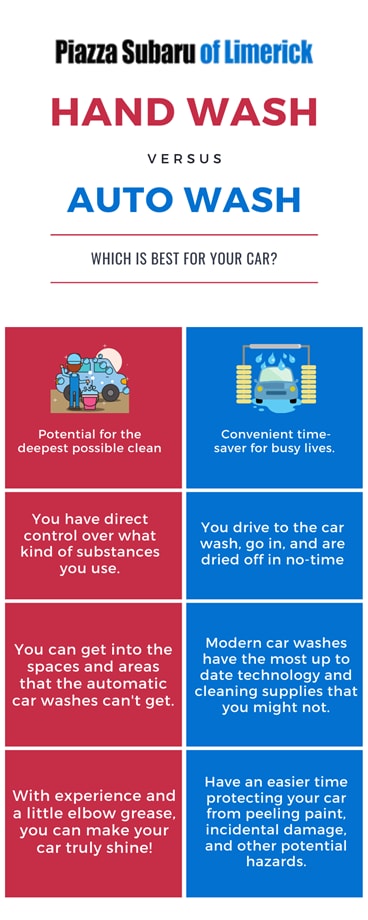
Credit: www.piazzasubaru.com
Quality Control
Drive-thru car washes provide a quick and easy solution for cleaning your car. Yet, they often lack the quality control needed for a thorough wash. This can result in inconsistent cleaning and missed spots.
Inconsistent Cleaning
Drive-thru car washes have a one-size-fits-all approach. They do not account for different car shapes and sizes. Some areas might receive more attention than others. This leads to uneven results.
Automated systems cannot adjust for specific needs. They follow a set routine, which may not suit every vehicle. This inconsistency can leave your car looking only partially clean.
Missed Spots
Drive-thru car washes often miss spots on your car. The brushes and sprays might not reach every nook and cranny. Areas like mirrors, door handles, and undercarriages often get overlooked.
These missed spots can accumulate dirt and grime over time. This can lead to more significant issues like rust and paint damage. For a truly clean car, attention to detail is crucial.
Time Efficiency
Time efficiency is a significant factor to consider in drive-thru car washes. While they promise quick service, the actual experience often varies. Let’s explore the disadvantages in terms of time efficiency.
Long Wait Times
Long wait times are a common issue at drive-thru car washes. Many people visit at the same time, creating a backlog of cars. Waiting in line can take longer than expected. This reduces the overall time efficiency. Customers might spend more time waiting than the car wash itself.
Rush Hours
Rush hours can significantly impact the time efficiency of drive-thru car washes. During peak hours, the number of cars increases. This leads to longer queues and extended waiting times. Many people prefer to wash their cars after work or on weekends. These peak times can cause delays and frustration.
Environmental Concerns
Drive-thru car washes offer convenience. But, they come with environmental concerns. These concerns often get overlooked. The main issues include water pollution and energy consumption.
Water Pollution
Drive-thru car washes use a lot of water. This water mixes with dirt, oil, and chemicals from cars. The dirty water then flows into storm drains. It can end up in rivers and lakes. This pollutes natural water sources.
Below is a table comparing the water usage:
| Type of Car Wash | Average Water Usage (Gallons) |
|---|---|
| Drive-Thru | 45-60 |
| Hand Wash | 20-25 |
Drive-thru car washes often recycle water. But, not all contaminants get removed. This leads to further pollution.
Energy Consumption
Drive-thru car washes use a lot of energy. The machines run on electricity. High-powered dryers and water pumps increase energy use. This leads to higher carbon emissions.
Here are some points to consider:
- Electricity powers the entire system.
- High demand for energy increases greenhouse gases.
- Frequent use leads to more energy consumption.
Reducing the frequency of using drive-thru car washes can help. Consider eco-friendly options to minimize the environmental impact.
Frequently Asked Questions
What Are The Risks Of Drive Thru Car Wash?
Drive thru car washes can scratch your car’s paint. The brushes used are often abrasive. They can also damage antennas and mirrors.
Can Drive Thru Car Washes Damage Your Car?
Yes, drive thru car washes can cause damage. The brushes can leave scratches. Strong chemicals may harm the car’s finish.
Is Hand Washing Better Than Drive Thru Car Wash?
Hand washing is often gentler than drive thru car washes. It provides more attention to detail. It can also avoid potential damage.
Do Drive Thru Car Washes Waste Water?
Yes, drive thru car washes can waste water. They use a lot more water compared to hand washing. Some systems recycle water, but not all.
Conclusion
Drive-thru car washes may seem convenient, but they have drawbacks. They can damage your car’s paint. The cleaning may be uneven. Brushes might scratch the surface. Water spots can appear. Drive-thru washes use harsh chemicals. These can harm your car’s finish over time.
You also miss the personal touch. A hand wash can be more thorough. Sometimes, paying a bit more for a hand wash is worth it. Always consider the long-term effects on your vehicle. Make an informed choice for your car’s care.

